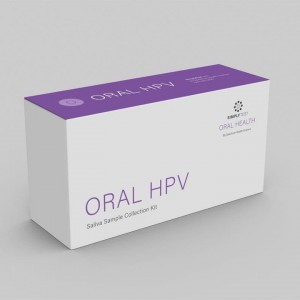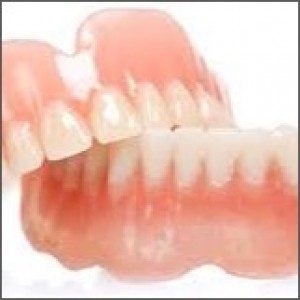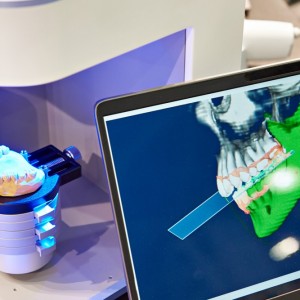
Home oral hygiene management of invisible orthodontic therapy
Gianna Maria Nardi
Technological innovation supported by research has led to orthodontic therapy with invisible aligners made of transparent plastic materials which use controlled movements to align teeth. They are worn for about one to two weeks and then replaced with the next aligner, until the end of the treatment.
The aesthetic and functional advantage of this treatment is highly appreciated since it is less invasive, and the aligners do not cause annoying micro-lesions on the soft tissues. This allows for easier management of home hygiene and, consequently, lowers the risk of white spots which evolve into a carious process.
Follow-ups with the orthodontist are important to verify the progress of the treatment, delivery of personalized aligners and monitoring of recalls according to the risk index with the dental hygienist. Dental staff will provide motivational reinforcement for the correct lifestyles for appropriate management of dental and periodontal health during orthodontic treatment.
The dental hygienist must motivate the patient to wear the aligners continuously and remove them only during meals, and to store them in the case.
It often happens that adolescents, in situations of socialization, place them in their pockets or purses, putting them at risk of bacterial contamination.
Sanitizing the aligners is as important as bacterial control of the oral cavity.
Manufacturers of aligners aim to motivate patients to effectively brush the aligners so that the bacterial biofilm will be effectively destroyed. Using an electric toothbrush in soft mode and with a medium soft head can be useful for cleaning the concavities as well.
Toothpastes should not be used, as they can abrade and dull the aligners. After brushing the aligners, it is possible to sanitize them and protect them from bacteria, fungi and viruses, at five cm from the surface with a spray of sanitized olive oil and cetylpyridinium chloride, sodium bicarbonate Ialozon Clean (GEMAVIP).
The sanitation will control the bad smell produced by the bacterial fermentation in a humid environment. Sanitizing tablets require less ergonomic handling than the spray and are relatively inexpensive.
The dental team should personalize brushing advice for the patient with attention paid to the interproximal spaces. Brushing should also occur on all surfaces of the oral cavity including the tongue, and the brushing and sanitation of the aligners are essential to ensure eubiosis and preserve the health of the oral cavity.
 Related articles
Related articles
News 27 June 2025
The global clear aligner market, valued at $5 billion in 2024, is expected to soar to $13.4 billion by 2031, according to iData Research’s 2025 Global Clear Aligner and Other Orthodontics Market...
Sustainability meets innovation as Smartee Denti-Technology announces the launch of its 100,000 sqm clear aligner factory.
Smartee Denti-Technology, a leading innovator in the orthodontics industry, is thrilled to announce the launch of its new Disney-licensed product: Smartee Ge Clear Aligner packages featuring Disney...
Products 12 July 2024
AlignerAi Revolutionizes the Clear Aligner Therapy Industry With Their Patent-Pending AI
Dr. Anil Chowdhary, DMD, in Fremont, CA, is raising the standard of care in the clear aligner therapy industry with his new company, AlignerAi.
Products 04 June 2024
CDOCS Introduces “Practice to Patient Blueprint for Clear Aligner Success” Hands-On Workshop
With clear aligner patient demand continuing to rise, CDOCS is taking a distinct approach to clear aligner hands-on training to help digital dentists on their journey to clinical excellence and...
 Read more
Read more
Much like EMTs rushing to the scene after an accident, stem cells hurry to the site of a skull fracture to start mending the damage. A new finding has uncovered the signaling mechanism that triggers...
Products 05 November 2025
SimplyTest has launched a groundbreaking saliva-based test to detect high-risk strains of oral human papillomavirus (HPV), a major cause of oropharyngeal cancers.
News 05 November 2025
Perimetrics, Inc., a dental technology company pioneering quantitative diagnostics, announced today that the U.S. Food and Drug Administration (FDA) has granted clearance for the InnerView...
News 05 November 2025
On October 15, open enrollment for Medicare began nationwide. Hundreds of thousands of seniors in New Jersey will once again face the challenge of finding the right Medicare coverage, including the...
Digital Dentistry 04 November 2025
Digitalisation is an expanding field in dentistry and implementation of digital teaching methods in dental education is an essential part of modern education.















